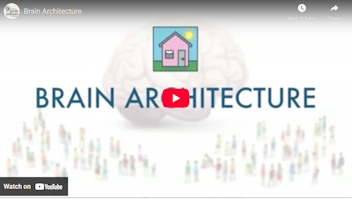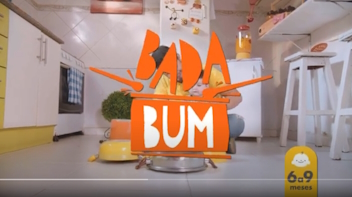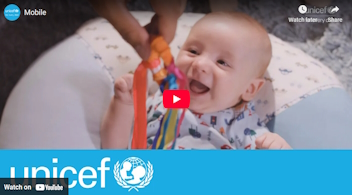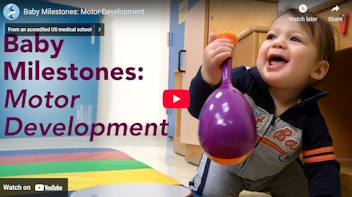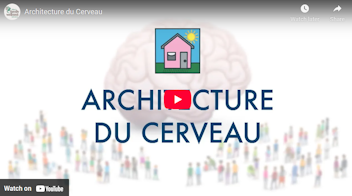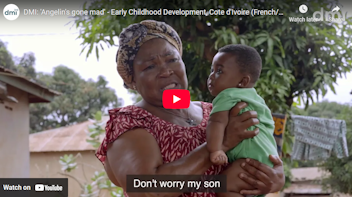Brain Architecture
The experiences we have in our earliest years can affect our health over our lifetime. This video describes what children need to build a good foundation (like the foundation for a house). It also explains toxic stress and the negative impact toxic stress has on health and development. Read More →




